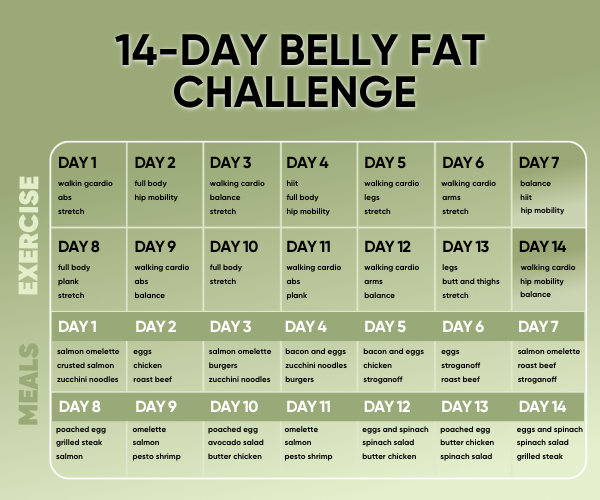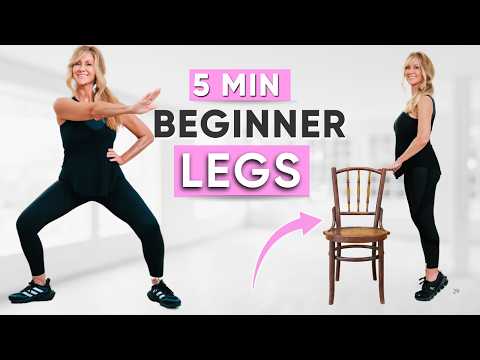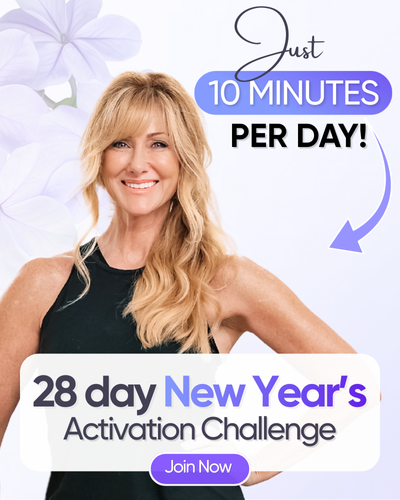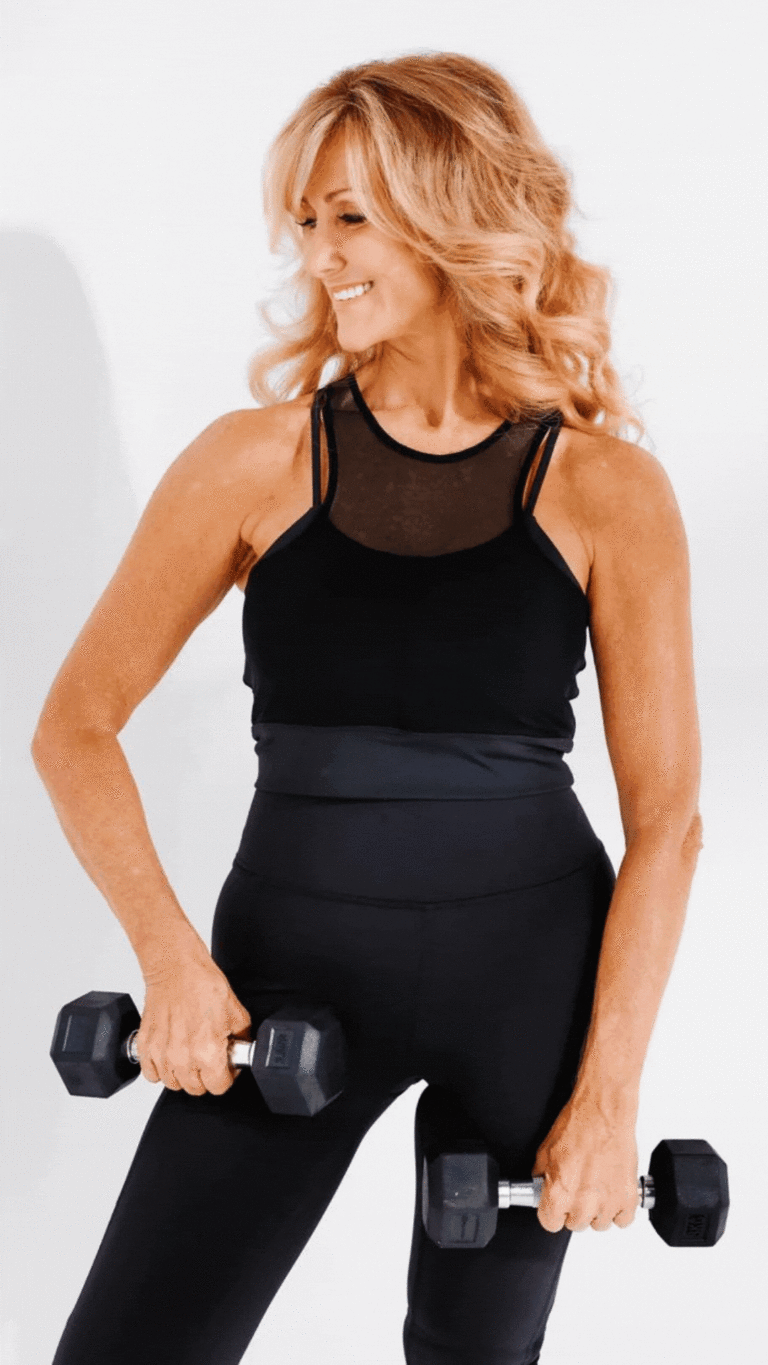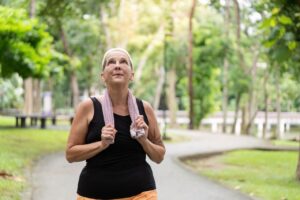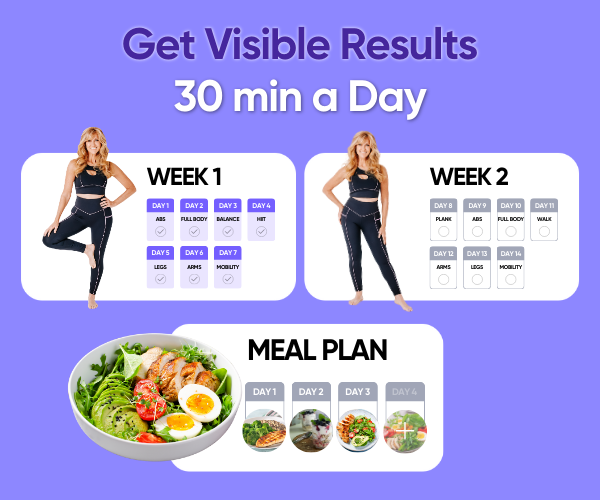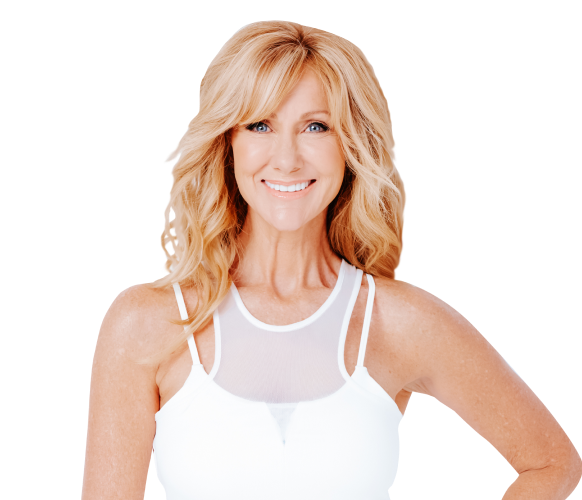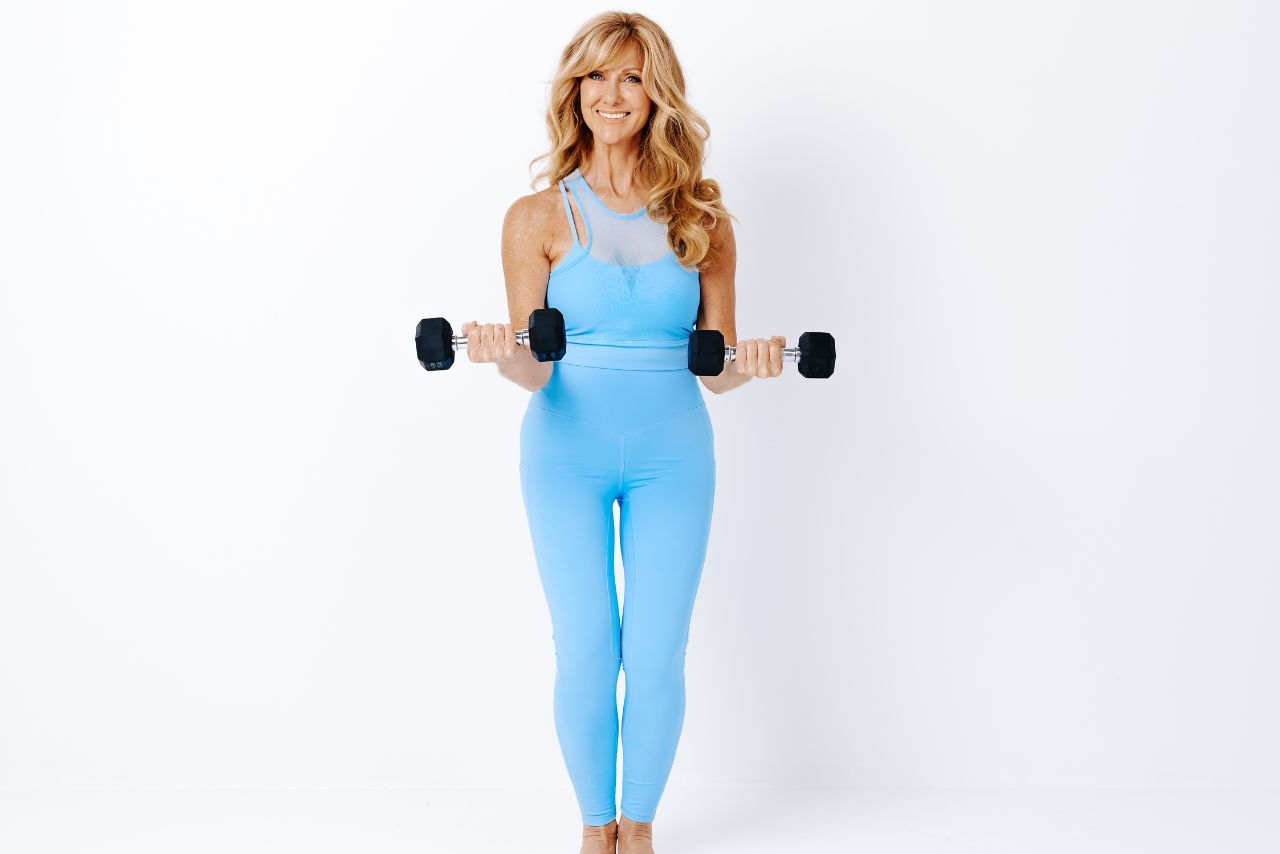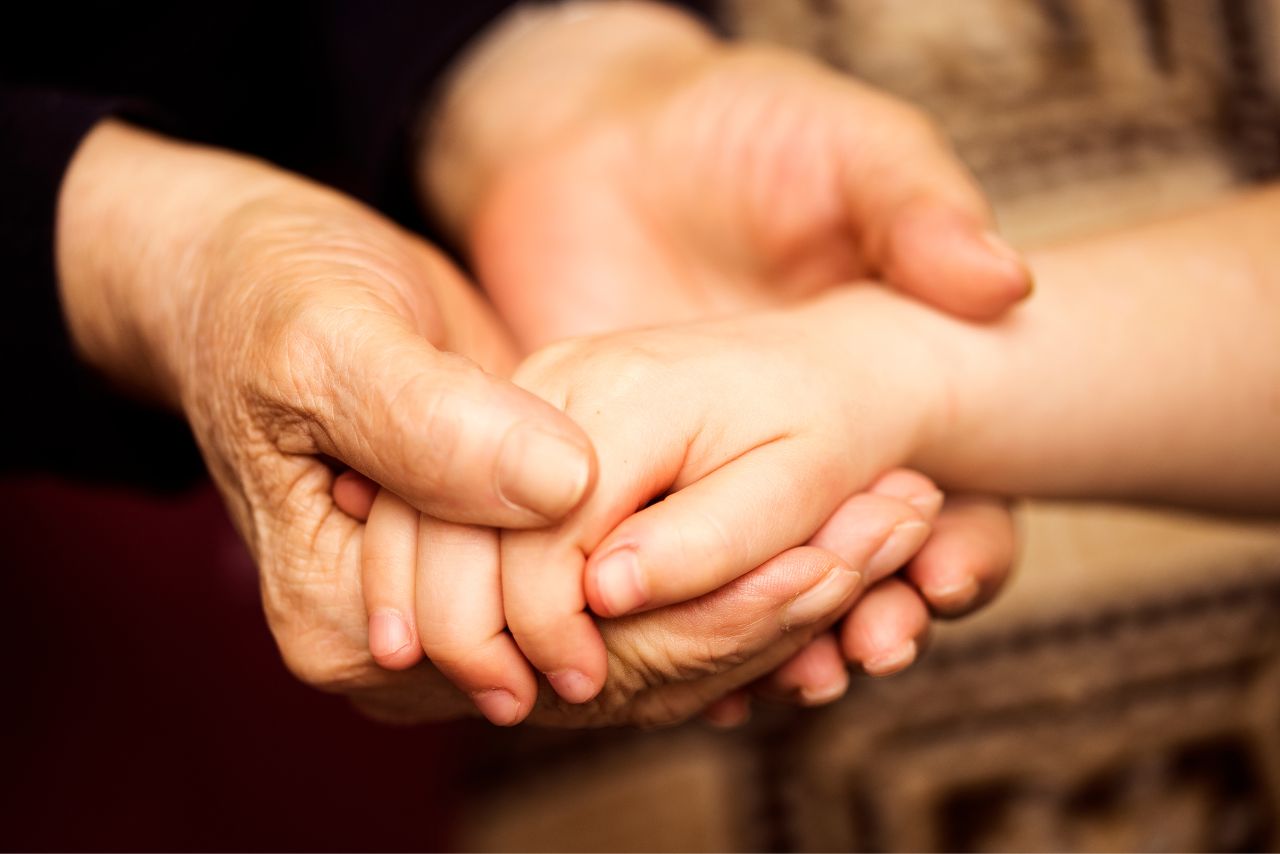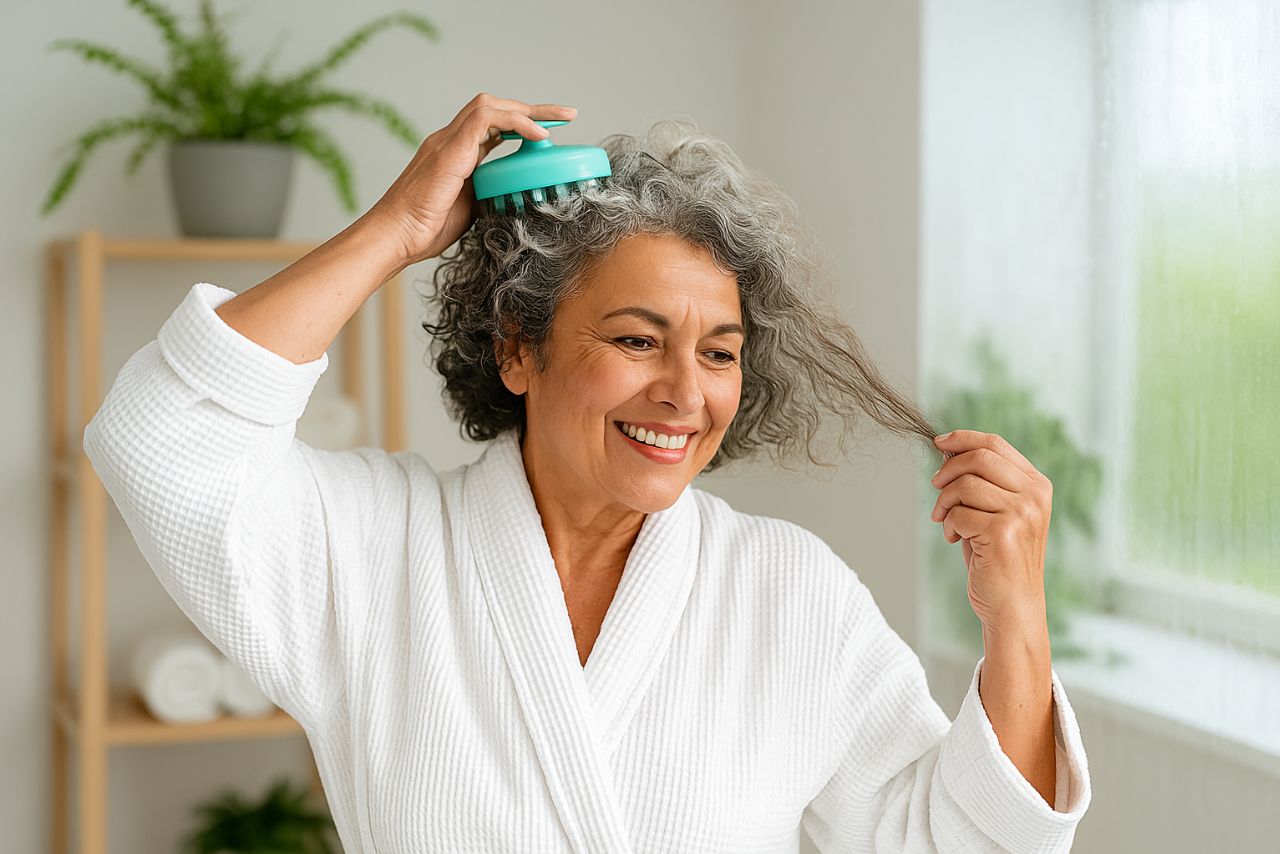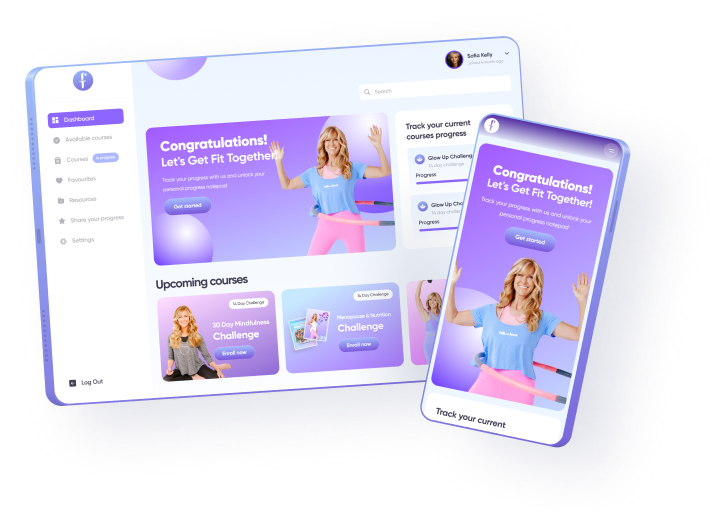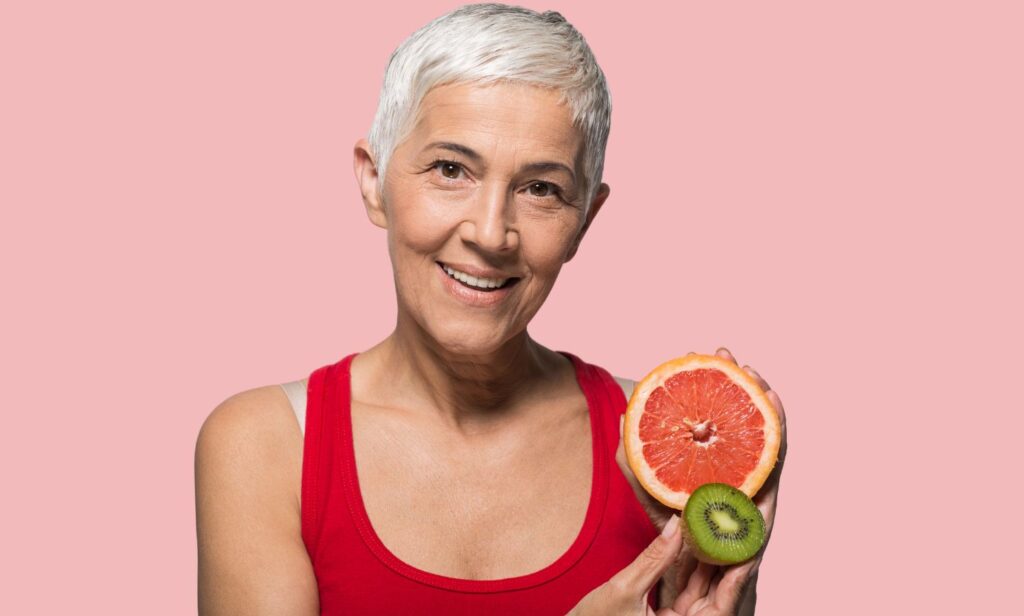
Women’s nutritional needs change as they get older, so it is important to make a healthy diet a priority to improve overall health and fight health problems that come with getting older.
The aging process brings about various changes in the body, including a decrease in muscle mass, bone density, and metabolism.
Some diseases, like osteoporosis, heart disease, and memory loss, may also be more likely to affect women over 50. Focusing on good nutrition is one way for women to improve their health and age in a healthy way.
Today, we’ll take a look at some nutrition tips for healthy aging in women over 50. This includes key nutrients, dietary tips, lifestyle choices, and exercise recommendations to improve your chances of healthy aging and continue living an active lifestyle.
The Role of Nutrition in Healthy Aging
Good nutrition plays a vital role in healthy aging. As we get older, our bodies go through changes. These changes might hurt our health by making us weaker or more likely to get sick.
But did you know that what you eat can actually help you stay healthier as you age?
Researchers have been studying how nutrition affects aging, and they found some interesting things. One thing they looked at was how some vitamins and supplements can help with cognitive functions like memory and thinking. They also found that eating well can lower the risk of developing serious health problems like heart failure or kidney problems.
One study found that older people who were at risk of not getting enough food had a higher chance of dying within 6 months than older people who were not at risk. Another study found that taking B vitamins might help improve cognitive function, especially in people who don’t take aspirin.
But it’s not just about taking supplements. Eating a healthy diet overall is important too. As we age, foods like nuts, fish, fruits, and vegetables can help our bodies keep up their strength and health. Plus, doing exercises every day can also make a big difference.
A healthy diet can give you the vitamins, minerals, antioxidants, and other chemicals you need to help cells grow back, boost your immune system, and lower your risk of getting chronic diseases.
Getting the right nutrients can also help you maintain a healthy weight, build muscle mass, and think more clearly. As a woman over 50, you can improve their overall health and enjoy a higher quality of life as they age by giving their bodies the right supplements.
READ ALSO: How Women Over 50 Are Redefining Longevity and Successful Aging
Key Nutrients for Women Over 50
Some key nutrients are especially important for staying healthy as women age over 50. These include:
Antioxidants
Antioxidants are like little superheroes in our bodies. They help fight off harmful compounds called free radicals that can cause damage and make us age faster.
You can find antioxidants in lots of different foods, especially colorful fruits and veggies, nuts, seeds, whole grains, dark chocolate, and even coffee and tea.
While there’s no specific recommendation for how many antioxidants you need, it’s best to try to eat antioxidant-rich foods with every meal.
There is little evidence that antioxidant supplements help, so eat a balanced diet with lots of colorful fruits and veggies!
Calcium and Vitamin D
Calcium and vitamin D are very important for keeping bones strong and avoiding osteoporosis, which affects a lot of older women. Foods that are high in calcium, like dairy, leafy greens, and fortified cereals, along with getting enough vitamin D from sunlight, fatty fish, and fortified foods, can help keep bones strong and prevent fractures.
The average postmenopausal woman needs 1,200 milligrams of calcium per day, while others need 1,000. If food does not provide enough calcium, your doctor may recommend a supplement.
After the age of 50, most experts suggest taking at least 600 International Units (IU) of vitamin D daily. However, your doctor might recommend higher doses depending on your individual needs and where you live.
So, if you’re unsure, it’s always a good idea to chat with your doctor about what’s best for you.
READ ALSO: The Ultimate Anti-Aging Supplement Blueprint For The 55-Year-Old Woman
Omega-3 Fatty Acids
Omega-3 fatty acids are found in flaxseeds, walnuts, and fatty fish like salmon and mackerel. They have been linked to a lower risk of heart disease and memory loss. These healthy fats can also help reduce inflammation, which can ease pain and stiffness in the joints.
Salmon, mackerel, and algae are rich in EPA (eicosapentaenoic acid) and DHA (docosahexaenoic acid), which are healthy. Do not worry if you do not like fish! Your body can convert ALA (alpha-linolenic acid) from nuts, seeds, and oils into EPA and DHA in smaller amounts.
For women, the recommended daily amount of ALA is about 1.1 grams. There’s no specific recommendation for EPA and DHA, but aiming for at least 250–500 milligrams combined each day is a good goal.
If you’re not eating fatty fish a few times a week, you might want to chat with your healthcare provider about taking an omega-3 supplement made from fish or algae to make sure you’re getting enough of these important nutrients.
Vitamin B12
Your body needs vitamin B12 to run smoothly. It boosts energy, makes red blood cells, repairs DNA, and protects your immune system, brain, and heart.
As we age, our bodies absorb vitamin B12 less well, so we must eat enough.
Most vitamin B12 comes from meat, fish, poultry, eggs, and dairy. Some breakfast cereals contain it. As a vegetarian or vegan, you may not get enough B12.
Women over 50 should take 2.4 micrograms of vitamin B12 daily. If you have low B12 levels, a vegetarian or vegan diet, anemia, or Crohn’s or celiac disease, your doctor may recommend a B12 supplement. Consult your doctor before taking any new supplements.
Fiber
Fiber is important for keeping your digestive system healthy and avoiding constipation, which affects a lot of older people.
Whole grains, fruits, vegetables, and legumes are all foods that are high in fiber. For women, the recommended daily amount of fiber is about 25 grams.
Try to get fiber from a lot of different foods to get the most out of it. If food does not provide enough fiber, your doctor may suggest supplements. Whenever possible, get your nutrients from food!
Protein
It is really important to eat enough protein, especially as we age. It is good to stay active, keep your metabolism strong, and keep your immune system healthy because protein helps build and keep muscles strong.
Protein is found in lean meats, chicken, fish, tofu, eggs, beans, nuts, and dairy. Research suggests that adults over 50 may need more protein than the recommended 0.36 grams per pound.
If you weigh 150 pounds, you may need 75 to 135 grams of protein daily to maintain your muscles and lifestyle.
You can usually get enough protein from food. If you are struggling or need a quick boost, try protein powder or supplements.
Potassium
Potassium is a mineral that’s really important for your body. It helps keep your blood pressure in check, reduces the risk of stroke and heart disease, and supports strong bones.
You can find potassium in lots of different foods, like fruits (bananas, oranges, and peaches), vegetables (potatoes and leafy greens), whole grains, dairy products, nuts, seeds, and meats.
The daily potassium requirement for women is 2,600 milligrams. Potassium is usually found in food, but consult your doctor before taking a supplement.
Too much potassium can be dangerous, so consult them before adding it to your diet.
Tips for Maintaining a Balanced Diet
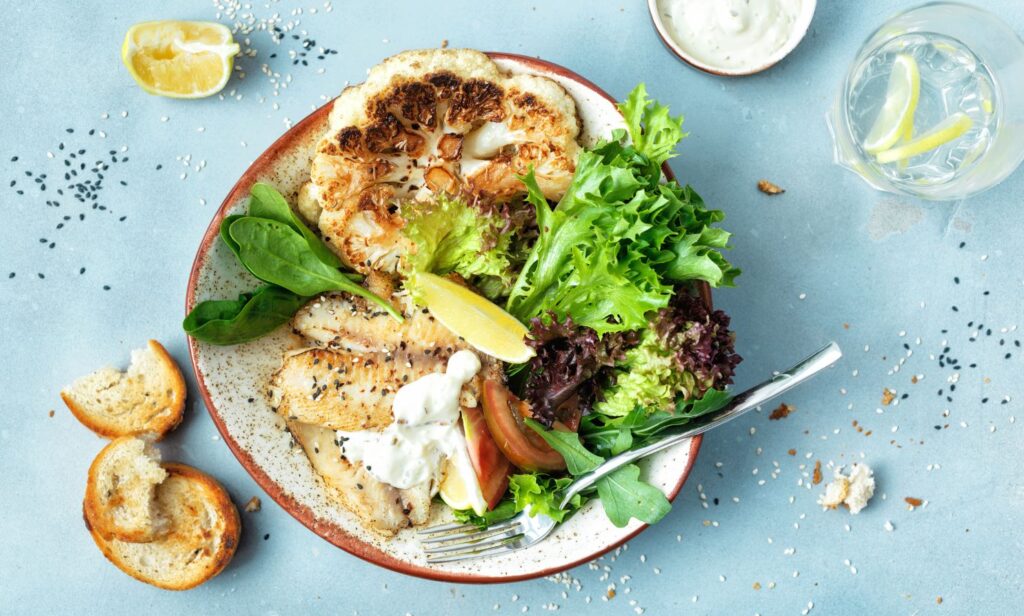
Keeping a balanced diet is very important for staying healthy as you age. Here are some tips to help you achieve this:
Eat a variety of fruits and vegetables
Fruits and vegetables are packed with essential vitamins, minerals, and antioxidants. Aim to include a variety of colorful produce in your diet to ensure you’re getting a broad range of nutrients. Fresh, frozen, or canned options are all acceptable, but be cautious of added sugars or sodium in canned varieties.
Choose whole grains over refined grains
Whole grains contain more fiber, vitamins, and minerals compared to refined grains. Opt for whole wheat bread, brown rice, quinoa, and oats to provide your body with sustained energy and important nutrients.
READ ALSO: How to Use “Compared to” for Healthier Food Choices
Eat lean protein
Protein is essential for maintaining muscle mass and supporting overall health. Choose lean sources such as poultry, fish, beans, lentils, and tofu. Be mindful of portion sizes to avoid consuming excessive calories.
Do meal planning and portion control
Meal planning and portion control are key strategies for maintaining a healthy diet as you age. If you plan your meals ahead of time, you can make sure you have healthy options on hand and not have to rely on unhealthy fast foods.
Controlling your portions can also help you avoid overeating and keep your weight in check. Smaller plates, measuring serving sizes, and paying attention to your body’s signals for hunger and fullness can all help you control your portions.
Stay hydrated always
Staying properly hydrated is crucial for overall health, especially as you age. Dehydration can lead to various health issues, including fatigue, dizziness, and constipation.
Try to drink eight cups of water every day, and eat foods that are high in water, like fruits and vegetables.
Remember to adjust your fluid intake based on activity level, climate, and any existing medical conditions.
The Impact of Lifestyle Choices on Aging
In addition to proper nutrition, lifestyle choices have a significant impact on healthy aging.
Avoiding smoking and excessive alcohol consumption can reduce the risk of chronic diseases and promote longevity.
Getting regular exercise can help maintain muscle mass, improve bone density, enhance cardiovascular health, and boost mood. Aim for a combination of aerobic exercise, cardio, strength training, and flexibility exercises.
Walking, swimming, yoga, and weightlifting are all excellent options. Remember to start slowly and gradually increase the intensity and duration of your workouts to prevent injury.
Chronic stress and poor sleep can have a detrimental effect on overall health and accelerate the aging process. Regularly use stress-relieving techniques like deep breathing, meditation, and doing things you enjoy.
Set a regular bedtime routine, make your bedroom comfortable, and avoid using screens before bed to get the best sleep possible.
Closing Thoughts
As women age, prioritizing proper nutrition becomes increasingly important for healthy aging.
You can improve your health and well-being by paying attention to key nutrients, eating a balanced diet, working out, dealing with stress, and thinking about the right supplements.
So, follow these nutrition tips for healthy aging and nourish your body to thrive in the years ahead.
Remember to consult with a healthcare professional or registered dietitian to personalize your nutrition plan and ensure you’re meeting your specific needs.
Let’s embrace healthy aging and enjoy a vibrant and fulfilling life.
♡ Love ♡,
Schellea
Ready to lose weight fast? Check out our weight loss challenges to get in shape, tone your muscles—from eating healthy to staying active, you’ll get everything you need to achieve your fitness goals.

